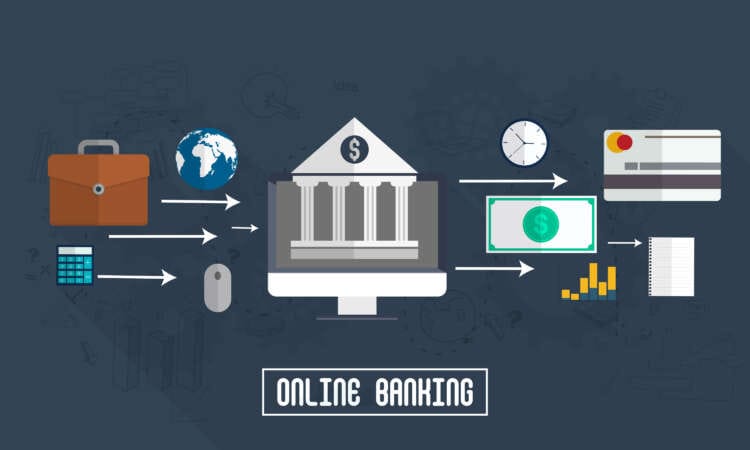

The pandemic has accelerated the adoption of digital financial services, driving banks to speed up their transformation programmes globally. Most banks are still in the early stages of integrating technologies such as machine learning and artificial intelligence, and as the world continues to battle the long-term effects of COVID-19, the limitations of the current banking landscape have been laid bare.
Aside from supporting new levels of efficiency, digital transformation creates an opportunity for businesses to offer enhanced value to the customer and in a saturated market, where a customer could easily decide to bank elsewhere, this is extremely relevant. In order to meet consumer demands and match today’s pace of innovation, business and financial leaders are looking to digital transformation to remain competitive.
If financial institutions plan to keep up with – or better yet, outperform the competition, they need to adapt to the digital age sooner rather than later. Just over half (53%) of the world’s population will access digital banking services in 2026 reaching over 4.2 billion digital banking users, from 2.5 billion in 2021, according to a new Juniper Research study, published in July 2021.
Here are some ways that financial services companies can successfully ride the wave of digital transformation, and the benefits associated.
API-enabled technology
APIs (Application Programming Interface) have been around for decades and they have the proven potential to transform businesses. By the end of 2024, the global API management market size is expected to reach $6.2 billion from $3.02 billion in 2019. The introduction of APIs within banking gives both customers and businesses the freedom to access all banking data in real-time, offering more accurate and up-to-date financial insight as a result. As an example, Crown Agent Bank recently introduced an API-enabled interactive portal that allows customers to send and track pension payments and returns in real-time, drastically improving user experience both for the pension provider and for the end consumer. By enabling financial institutions to connect with businesses and consumers to transfer information securely and conveniently, APIs are ultimately having a profound, transformative effect on banking.
Some of the most prohibiting factors to financial inclusion include limited transport infrastructure and low bank penetration worldwide, and this is particularly pertinent in emerging and frontier markets, where it can be physically difficult even to reach a bank and open an account. By removing some of the biggest obstacles, namely having to be at a bank in person, digital financial services like mobile wallets offer an accessible way for people to fulfil their financial needs. Over the past few years, digital wallets have overtaken traditional banking methods that have proven themselves unfit for purpose in these regions, and digital payments in Africa have experienced a surge in volume and adoption as a result. According to a July 2021 report from fintech Boku in partnership with analyst firm Juniper Research, at the end of 2020, there were more than 2.8 billion mobile wallets in use. That number is projected to increase by nearly 74% to reach 4.8 billion by the end of 2025 – nearly 60% of the world’s population.
Biometric technology, such as voice recognition and touch ID fingerprint sensors, has been widely popularised by mobile phone providers in recent years. In addition to easing data privacy and security concerns, biometric technology is supporting the provision of low-cost affordable financial services, facilitating remittance flows into urban, semi-urban and deep rural locations in emerging and frontier markets.
This technology is particularly well suited to the banking industry and offers significant advantages for the bank and end-user alike. Certain forms of identification, such as passwords, are easy to counterfeit, which has led to a surge in identity theft. To counteract this, the industry is increasingly looking to digital solutions such as two-factor authentication and voice verification to enhance security and protect the financial information and identity of consumers.
For example, Crown Agents Bank recently partnered with fintech company Paycode, to address the underlying causes of financial exclusion in deep rural locations, namely proof of identity, using fingerprints. Via the partnership, Crown Agents Bank can offer individuals a legally recognised, reliable digital identity using only their fingerprints in around 3-4 minutes, so payment flows can be made from donors, aid organisations, private companies or employers directly to beneficiaries.
A company-wide digital transformation in banking and financial services isn’t without its obstacles and there are no shortcuts. But ultimately, businesses will benefit by offering services and solutions fit for the modern consumer. By investing in a digital transformation now, financial services companies will make themselves more competitive and adaptable in today’s digital world – and tomorrows.


